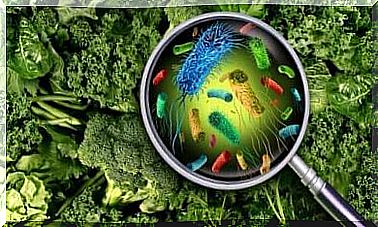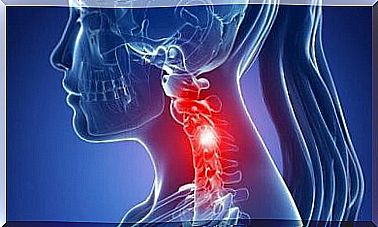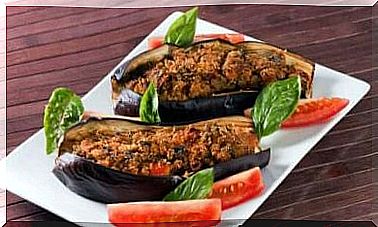WHO Conclusions On Meat And Cancer
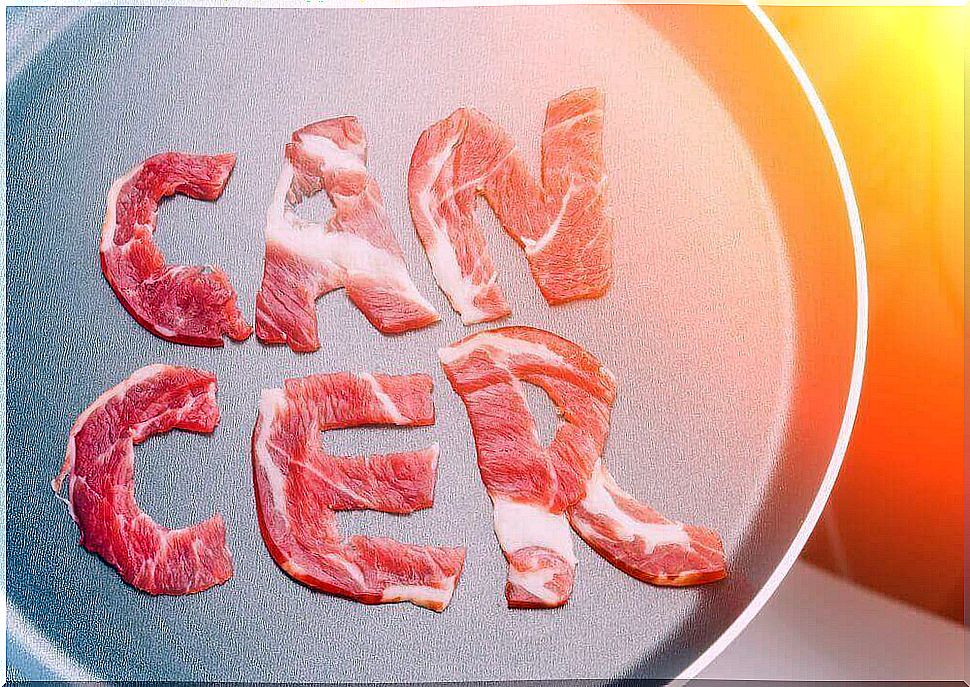
Did you know that between 75 and 80% of cancers are caused by the environment or diet? Unfortunately, your eating habits have a big impact on your risk of developing cancer. For example, there is a causal link between meat and cancer, according to the World Health Organization (WHO).
The National Cancer Institute (NCI) describes cancer as a group of diseases that all have uncontrolled cell changes in common. The cells that make up the body’s building blocks begin to grow and multiply uncontrollably and without interruption. They develop into tumors.
Unfortunately, we still do not know exactly why some people are more likely than others to get cancer. However, various scientific studies show that genetics, environment and behavior are the most important factors that influence changes in the body’s cells.
If many in your family have cancer, you may be genetically vulnerable. But even if genetics play a role, it does not necessarily mean that you will develop the disease yourself.
Your environment and your behavior can also influence carcinogenic changes in your cells.
For example, tobacco, alcohol, cigarette smoke or radiation, such as ultraviolet rays from the sun, are harmful in the long run.
Red meat, processed meat and cancer
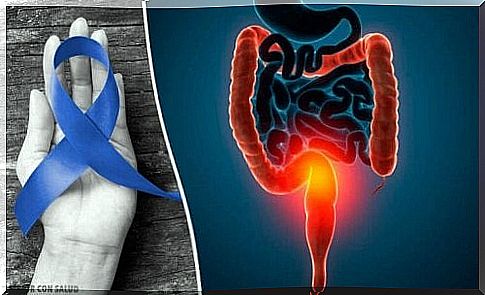
WHO classifies red meat as all muscle tissue that comes from mammals, for example:
- Cows
- Oxen
- Calves
- Pig
- Lamb
- Goats
- Horses
Processed meat is defined as meat products that are changed through processes such as:
- Salting
- Spegning
- Fermentation
- Smoking
Mostly processed meat comes from animals such as cows and pigs. But it also comes from birds and meat by-products such as blood and intestines.
Processed meat includes:
- Sausages
- Ham
- Canned meat
- Packaged meat
- Dried or spiced meat
- Meat-based sauces
Also read:
WHO study on meat and cancer
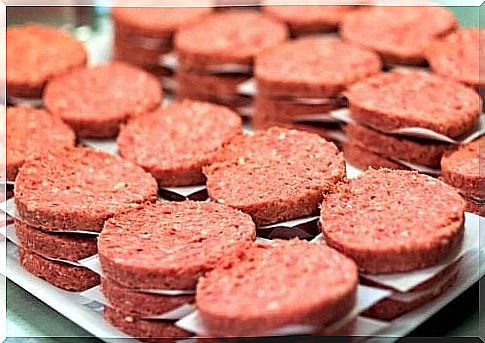
The WHO study has revealed some interesting information about the link between meat and cancer. The WHO organization explains that a very high intake of red meat can cause cancer. They placed all types of meat in group 2A of carcinogens that are “likely to be carcinogenic to humans,” and red meat in group 1, which includes substances that are “carcinogenic to humans.”
“This classification comes from sufficient evidence from epidemiological studies showing that the intake of processed meat causes colon cancer,” the report said.
The conclusion was drawn based on studies that looked at what happens when people eat processed meat over a long period of time.
Also read:
Therefore, eating large amounts of meat can be harmful to health
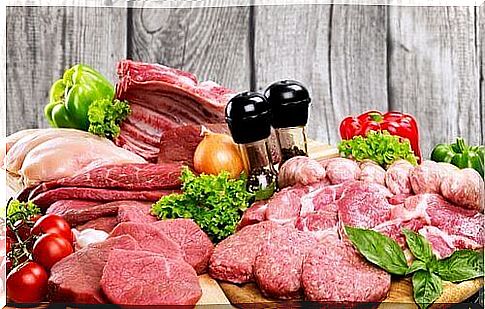
Based on estimates from the Global Disease Burden Project, the WHO states that a high intake of processed meat is responsible for around 34,000 cancer-related deaths per year worldwide.
They also claim that there is a causal link between processed meat and colon cancer. There is also a link between processed meat and stomach cancer. However, more research is needed in this area.
Overall , if you eat 50 grams of processed meat a day, you increase your risk of suffering from colon cancer by about 18 percent.
Everything in moderation
The World Health Organization continues to try to find out more about the impact of meat on cell changes. Their advice is to reduce the intake of processed meat and eat it in moderation to reduce the risk of colon cancer.
This is in accordance with the scientific document of the International Cancer Research Center (ICCR). 22 experts from 10 countries worked together to analyze more than 800 different studies of human cancer.
Some of these studies provided data on both types of meat. Meanwhile, 700 epidemiological analyzes provided data on red meat and more than 400 analyzes provided data on processed meat.
It is therefore a good idea to avoid large amounts of red meat and processed meat and instead eat a varied, plant-based diet with small amounts of white meat . That way, you get a diet that provides your body with the nutrients it needs. Talk to your doctor or nutritionist if you have any questions.



